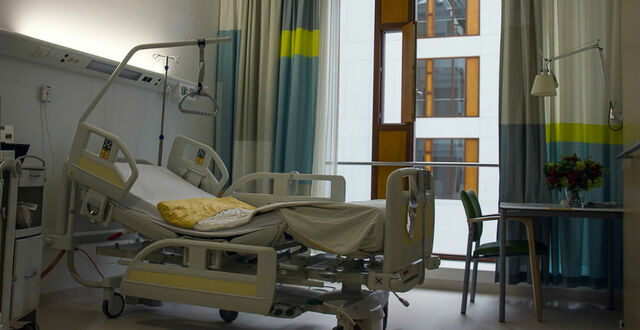
International Infection Prevention Infection Week in this country was established 36 years ago. This year’s observance was October 16-22.
One out of every 31 hospital patients suffers a hospital-acquired infection (HAI), a potentially serious medical error. HAIs reportedly kill tens of thousands of patients every year in the United States.
Common Serious Hospital-Acquired Infections
HAIs occur during a hospital stay or within 30 days after discharge. The U.S. Centers for Disease Control and Prevention says it monitors specific HAIs due to their threats to patient safety, including:
- Central line-associated bloodstream infection
- Catheter-associated urinary tract infection
- Surgical site infection
Each of these very serious medical errors is preventable, according to the CDC.
Preventing Blood Infections and Urinary Tract Infections During Hospital Stay
A central line is a catheter inserted into a large vein to transmit blood, medications or nutritional fluids. They go much deeper than a normal IV and can be in place for months, according to the CDC.
Mistakes with a patient’s central line can lead to dangerous infections of the blood.
Among the steps hospitals and providers should follow to prevent central line-associated bloodstream infections, the CDC lists:
- Thorough hand washing by medical staff before inserting the central line
- Properly cleaning the insertion site
- Monitoring patients daily to promptly remove central line when no longer needed
Urinary tract infections received during a hospital stay can involve the bladder, kidney, and urethra. The CDC reports that 75% of urinary tract infections are related to a urinary catheter.
The same protocols for the safe use of a central line apply to urinary catheters in preventing a dangerous urinary tract infection.
Surgical site infections occur following an operation. Improper care of the surgical wound can lead to an infection that spreads throughout the body and threatens the patient’s life.
Dangerous Infections Following Surgery
The Leapfrog Group is a non-profit organization that grades Missouri hospitals and those in other states on patient safety. Protecting patients from HAIs, including potentially fatal surgical site infections following colon surgery, is a big part of the grade.
Leapfrog says that safer hospitals use appropriate anti-biotics and properly clean the surgical site prior to the procedure, and closely monitor patients following surgery.
Leapfrog discusses, among other infections, two HAIs when grading hospital patient safety – Methicillin-resistant Staphylococcus aureus (MRSA) infection and Clostridium difficile (C. diff) infection.
Both are caused by bacteria a patient is exposed to during a hospital safety. Both can be life-threatening.
To help prevent these infections, Leapfrog’s safer hospitals ensure doctors and nurses properly clean their hands before and after caring for patients. Hospital rooms and medical equipment are effectively and routinely cleaned. Patients that have these infections are kept away from other patients.
Hospitals should protect patients from known, preventable medical errors such as a hospital-acquired infection. When they don’t, they can be held accountable.
If you or a family member suffered from a catastrophic infection during or following hospital treatment, speak with a medical malpractice attorney about conducting a detailed investigation.
The choice of a lawyer is an important decision that should not be based solely on advertisements.
Authored by Gray Ritter Graham. Posted in Blog October 28, 2022.

 RSS Feed
RSS Feed